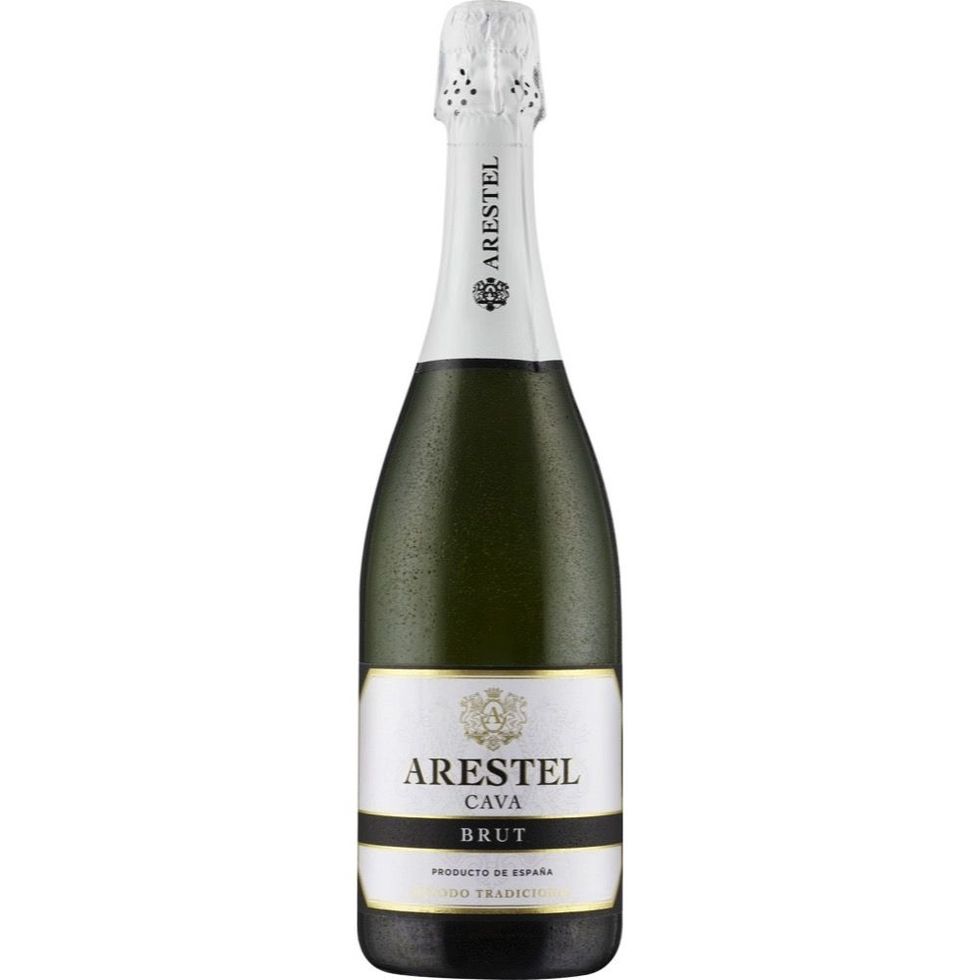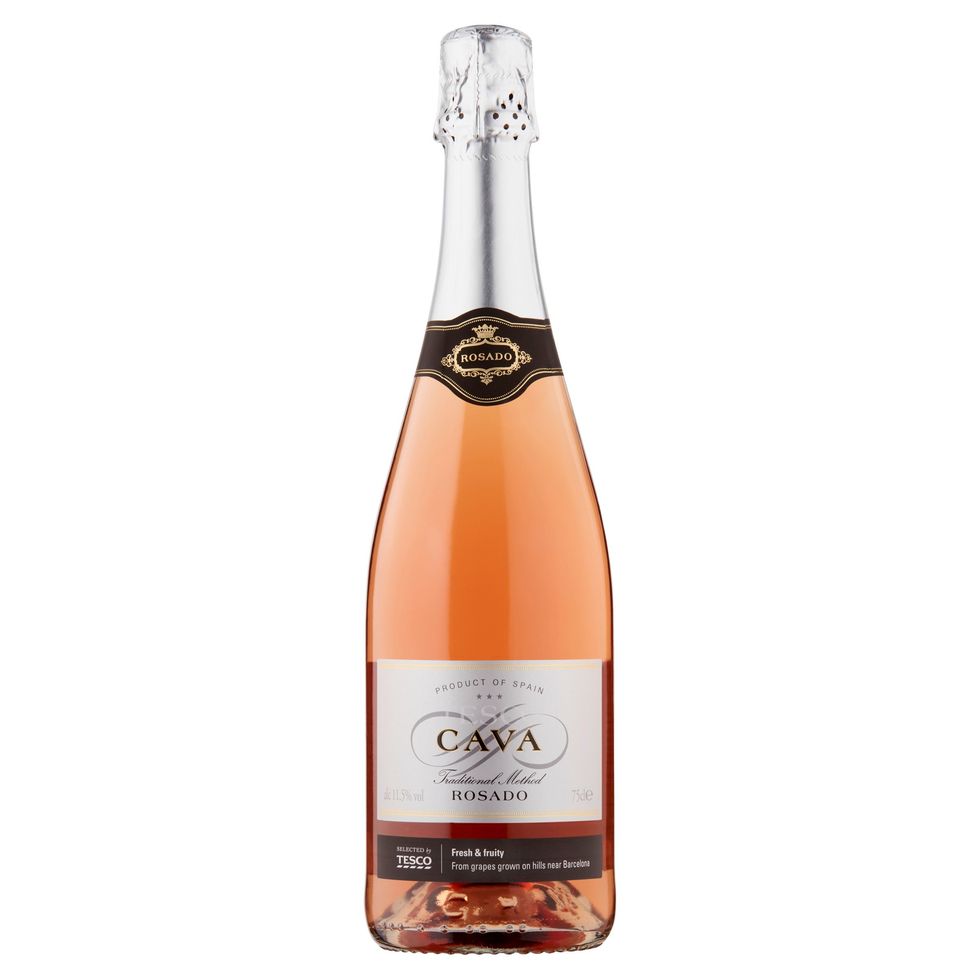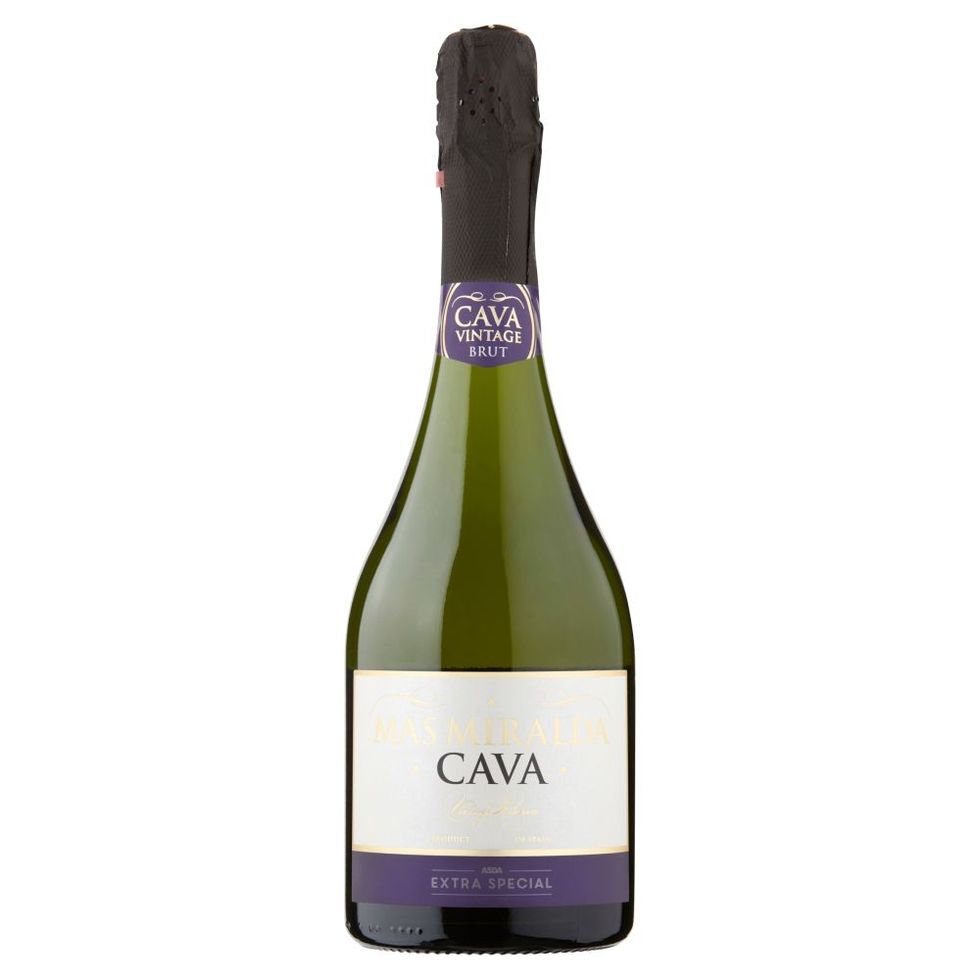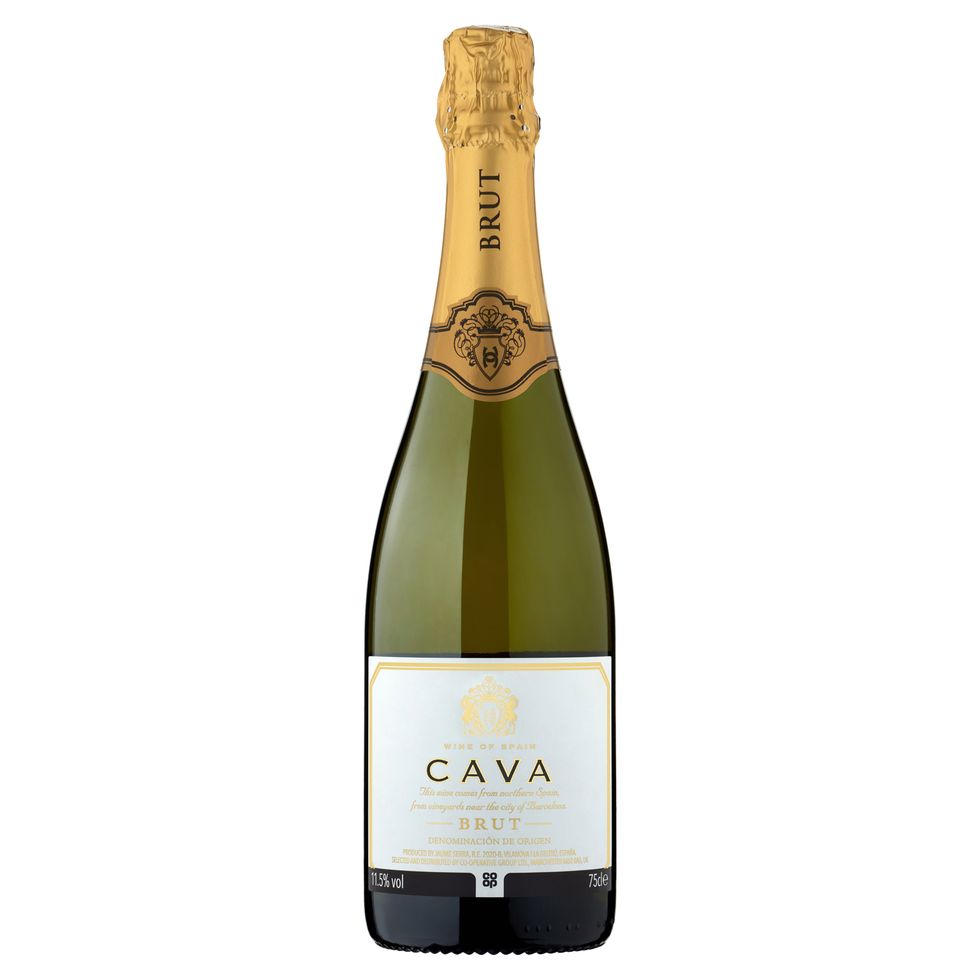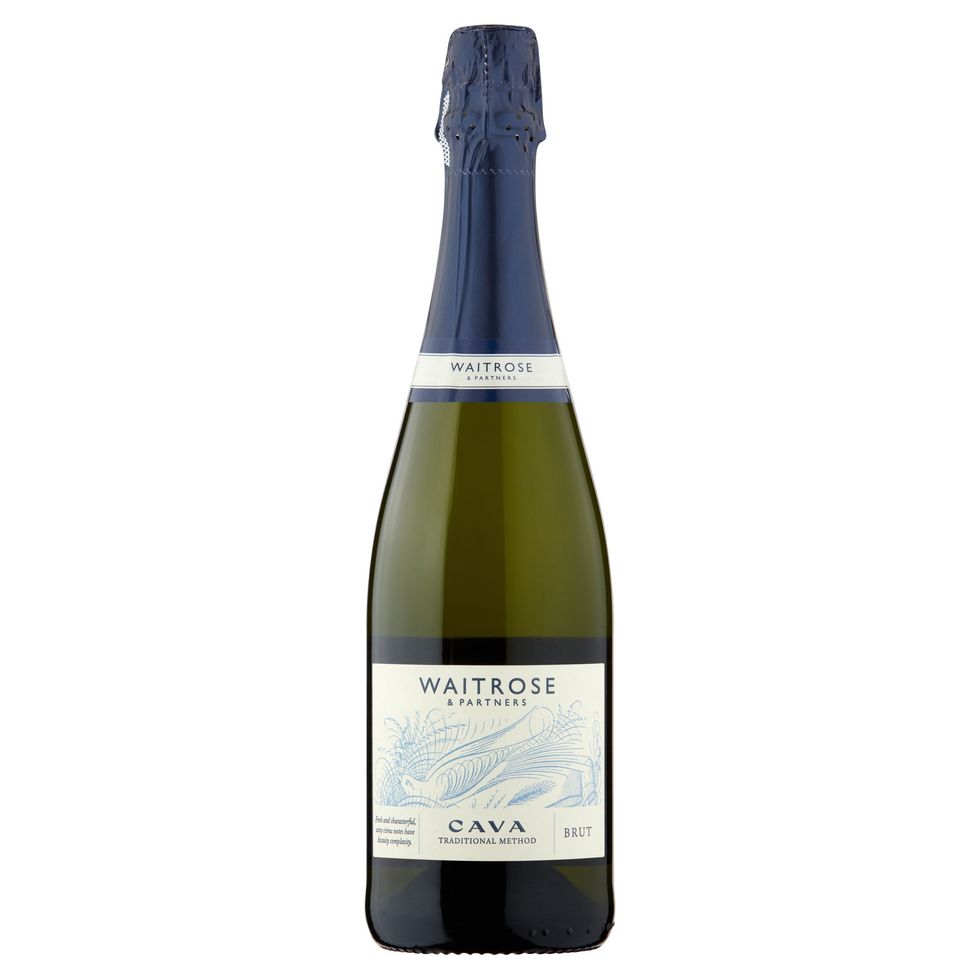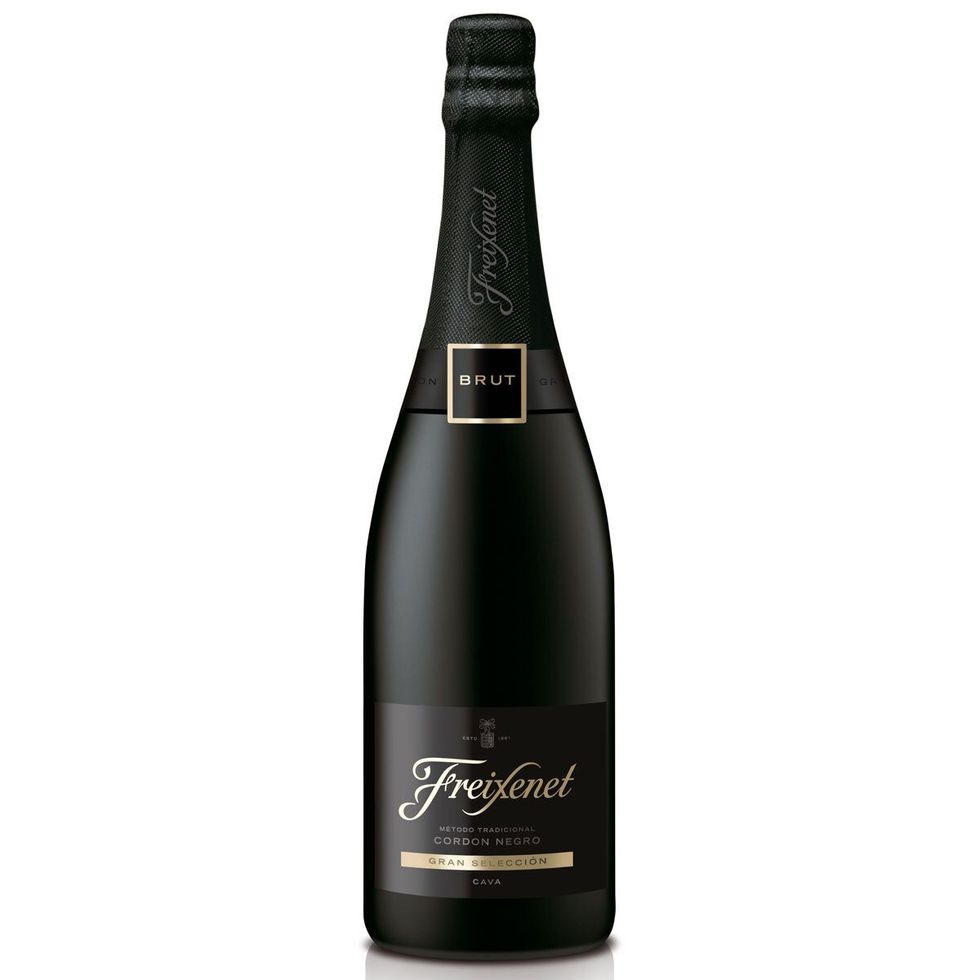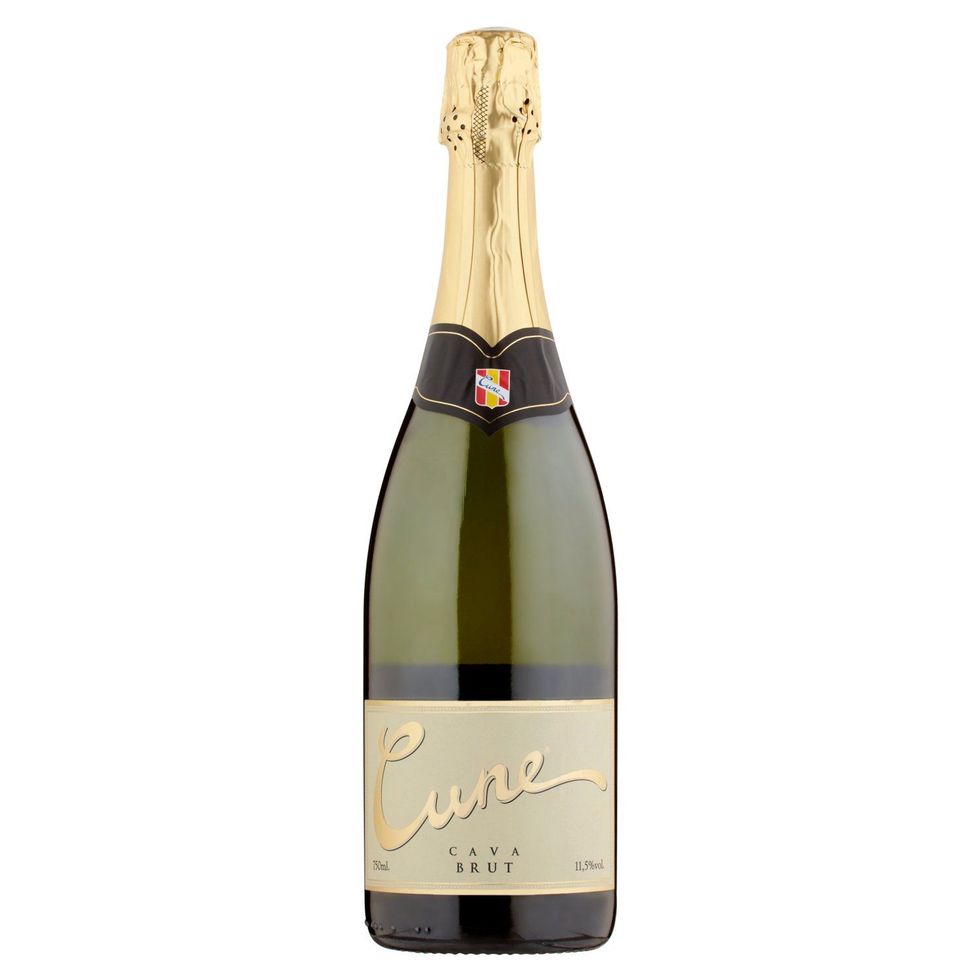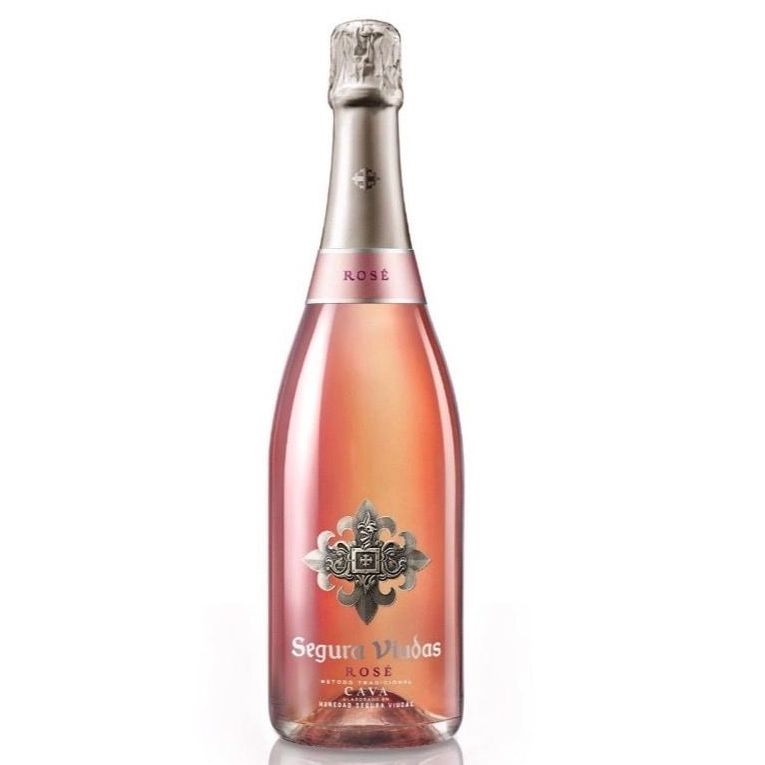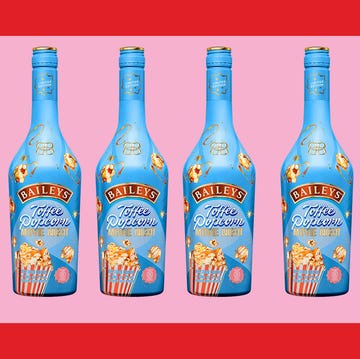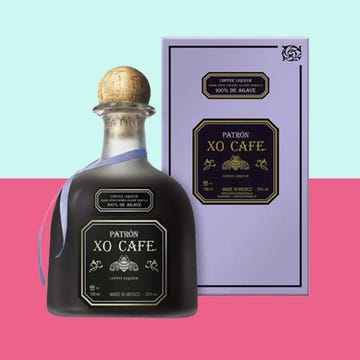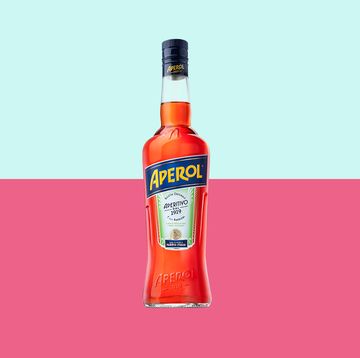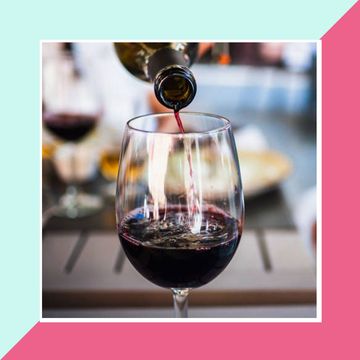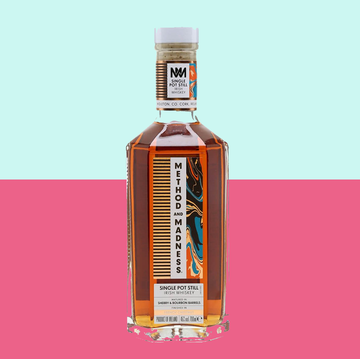We earn a commission for products purchased through some links in this article.
Best cava to buy, according to our experts
Pick up a champagne dupe from just £5.49
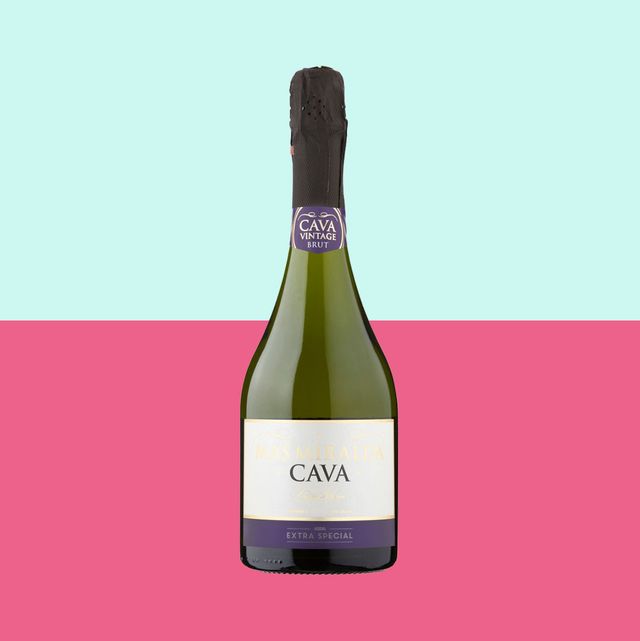
While champagne, prosecco, or even homegrown English sparkling wine are first to spring to mind when thinking fizz, this winter we’re championing cava as a top choice when entertaining.
The experts at the GHI have been busy trying a range of bottles to find the best for celebrating all of life's happy occasions. You'll find their top picks at a glance below but keep scrolling to read their reviews, along with everything you need to know about this often under-appreciated fizz.
Best cava 2024
What is cava?
Cava is made in the “traditional method”, whereby the second fermentation occurs in the bottle (the same way champagne is made). This results in more complex flavours developing, such as brioche, toast and nuts. Unlike champagne, grape varieties are a little more unique, made with the likes of Spain’s indigenous macabeo, xarel-lo, and parellada, setting cava apart from the crowd.
Looking to stock up ahead of a party or wedding? Cava is an excellent value alternative to champagne, with our expert-approved bottles starting at just £5.49 (or less if you’re looking to buy six or more). If you have a little more to spend, reserva and gran reserva bottles are aged for a little longer than standard (at least 15 and 30 months respectively, versus just nine months for a traditional bottle). This adds further depth and complexity to the palate, but even then, you’ll struggle to spend more than £15 a bottle.
How we test cava
The Good Housekeeping Institute tried 26 bottles of cava, from supermarkets and the leading brands. Each was chilled and served blind, to avoid brand bias. Testers were looking for crisp, clean well-balanced examples with notes of apple, citrus and brioche.
These are the bottles they'll be popping this barbecue season...

Joanna Anastasiou is our Food and Drinks Tester, and has completed certifications in Sensory Foundation and WSET Wine Level 2 training. Prior to this she studied geography with conservation biology at the University of Exeter and trained at Ballymaloe Cookery School in Ireland. Through this she has developed a passion for sustainability within the food and agricultural sectors. Joanna also volunteers in kitchens with FoodCycle, as well as on multiple wildlife conservation projects, where she formed a particular love for bees!

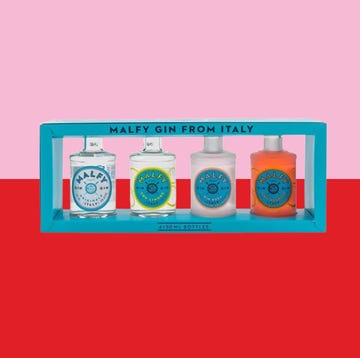
Best gin gift sets for every occasion

This is the best brandy you can buy
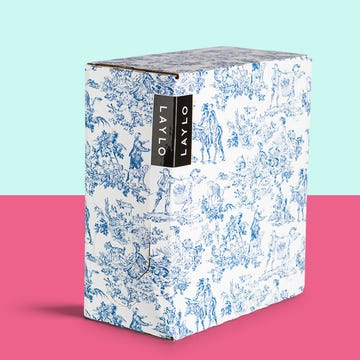
Best boxed wine for summer
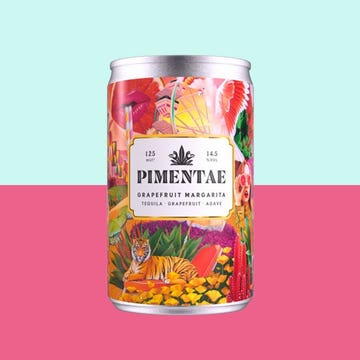
13 best canned cocktails for 2025


